Why you should eat Turmeric
Medicinal properties
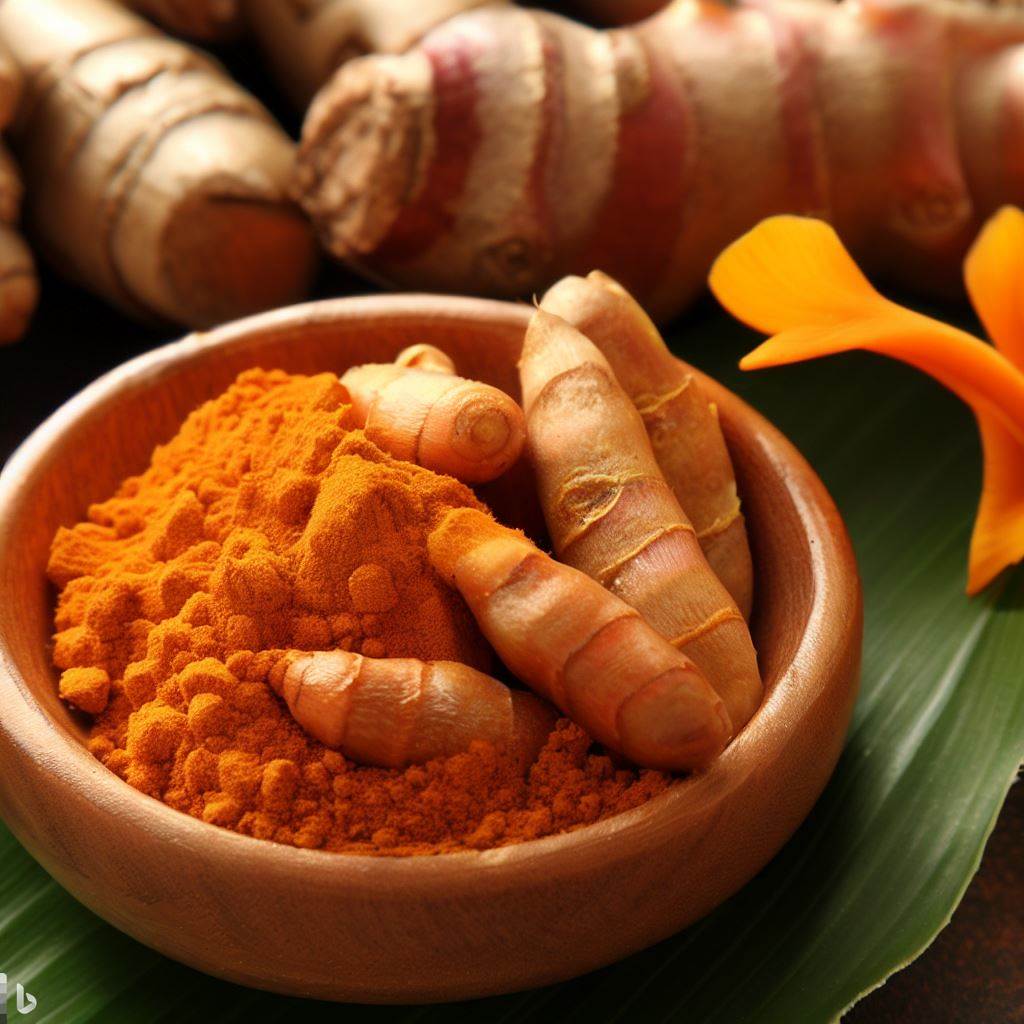
# Medicinal Properties of Turmeric
Turmeric is a spice that has been used for centuries in Asian cuisine and traditional medicine. It is derived from the root of a plant called Curcuma longa, which belongs to the ginger family. Turmeric has a bright yellow colour and a distinctive flavour that adds warmth and depth to dishes like curry, soup and rice. But turmeric is more than just a culinary ingredient. It also contains a powerful compound called curcumin, which has many health benefits.
Curcumin is the main active component of turmeric. It has anti-inflammatory, antioxidant, anticancer, antiviral and antibacterial properties. It can modulate various molecular pathways and cellular processes that are involved in inflammation, oxidative stress, cell growth and survival, and immune response. Curcumin can also cross the blood-brain barrier and affect the central nervous system.
Here are some of the medicinal properties of turmeric and curcumin that have been supported by scientific evidence:
- **Anti-inflammatory properties**: Chronic inflammation is a common factor in many diseases, such as arthritis, heart disease, diabetes, cancer and Alzheimer's disease. Curcumin can inhibit the activity of inflammatory molecules and enzymes, such as nuclear factor-kappa B (NF-kB), cyclooxygenase-2 (COX-2) and tumor necrosis factor-alpha (TNF-alpha). Several studies have shown that curcumin can reduce pain and swelling in patients with osteoarthritis and rheumatoid arthritis . Curcumin can also help with inflammatory bowel diseases, such as ulcerative colitis and Crohn's disease.
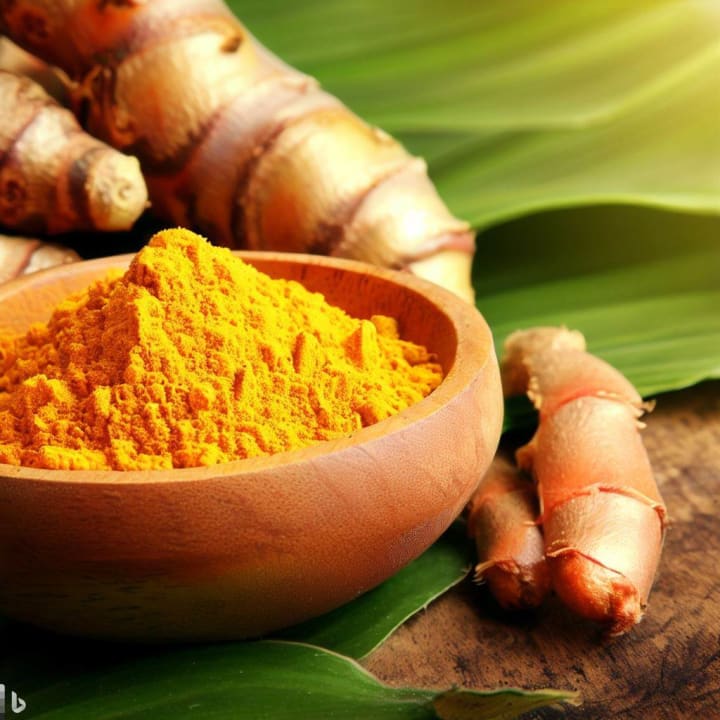
- **Antioxidant properties**: Oxidative stress is caused by an imbalance between free radicals and antioxidants in the body. Free radicals are unstable molecules that can damage cells and DNA, leading to aging and disease. Antioxidants are substances that can neutralize free radicals and protect the body from oxidative damage. Curcumin has antioxidant properties and can scavenge various types of free radicals, such as reactive oxygen species (ROS) and reactive nitrogen species (RNS). Curcumin can also boost the activity of other antioxidants in the body, such as glutathione, catalase and superoxide dismutase.
- **Anticancer properties**: Cancer is a complex disease that involves abnormal cell growth and spread. Curcumin can affect multiple aspects of cancer development and progression, such as cell proliferation, apoptosis (programmed cell death), angiogenesis (blood vessel formation), invasion and metastasis (spread to other organs). Curcumin can also modulate the expression of genes and proteins that are involved in cancer signaling pathways, such as NF-kB, COX-2, TNF-alpha, p53, Bcl-2 and caspases. Curcumin can also enhance the sensitivity of cancer cells to chemotherapy and radiation therapy.
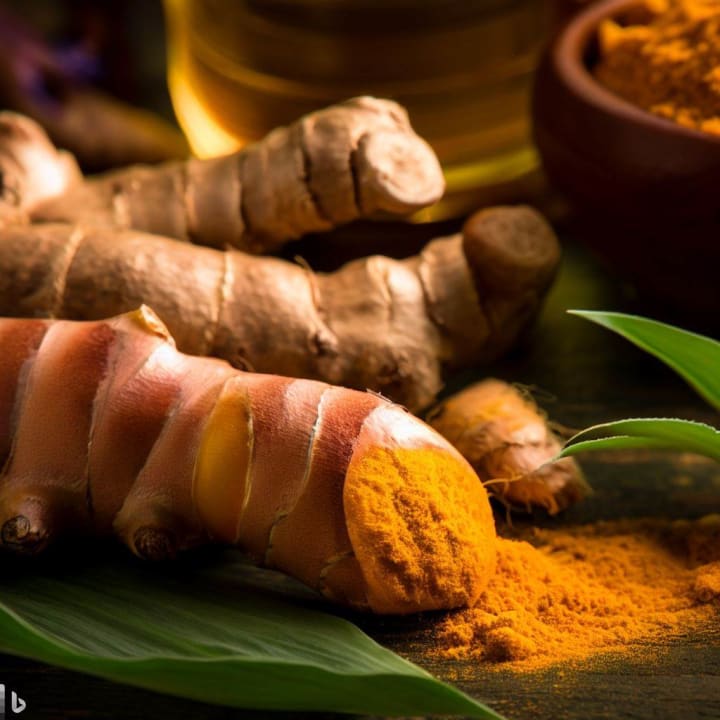
- **Neuroprotective properties**: The brain is a highly vulnerable organ that can be affected by various factors, such as aging, trauma, infection, toxins and neurodegenerative diseases. Curcumin can protect the brain from these factors by reducing inflammation, oxidative stress, amyloid plaque formation and neuroinflammation. Curcumin can also improve cognitive function, memory and mood by modulating neurotransmitter levels, such as dopamine, serotonin and acetylcholine. Curcumin may have potential benefits for patients with Alzheimer's disease, Parkinson's disease, depression and anxiety .
- **Digestive properties**: Turmeric has been traditionally used to treat various digestive disorders, such as indigestion, dyspepsia, gastritis, ulcer and irritable bowel syndrome. Curcumin can improve digestion by stimulating bile secretion, enhancing intestinal motility and inhibiting gastric acid secretion. Curcumin can also protect the gut mucosa from damage by inhibiting the growth of Helicobacter pylori (H. pylori), a bacterium that causes peptic ulcer and gastric cancer.
These are some of the medicinal properties of turmeric that have been demonstrated by scientific research. However, more studies are needed to confirm the safety, efficacy and optimal dosage of turmeric and curcumin for different conditions. Turmeric can be consumed as a spice in food or as a supplement in capsules or tablets.
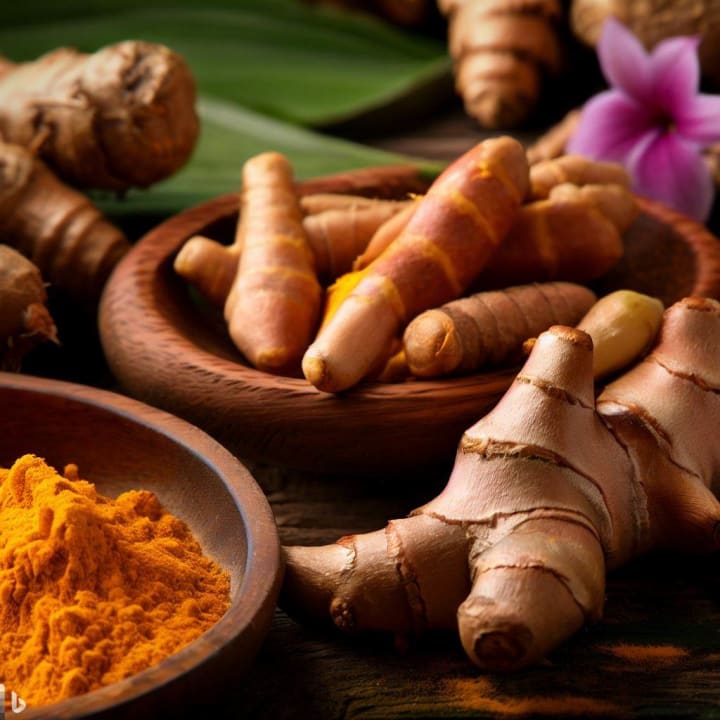




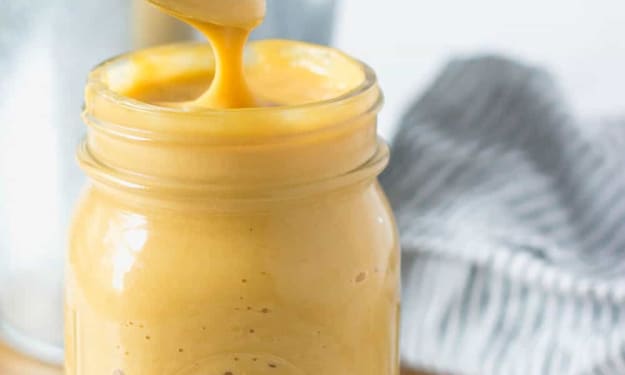

Comments
There are no comments for this story
Be the first to respond and start the conversation.